By Dr. Abhijeet Gajendra Shinde
A Curious Kid
I grew up in a small town in Maharashtra in a regular middle-class family. As a kid, I loved asking questions: Why is the sky blue? Why do we dream? Why is the moon round? These weren’t just random thoughts; I genuinely wanted to understand the world.
Carl Sagan, the great scientist, once said:
“When you talk to young kids, they’re full of big questions… ‘Why do we have toes? Why is grass green?’ These are deep questions. But by high school, that curiosity is gone. Something sad happens between kindergarten and 12th grade.”
I resonated with those words. In school, teachers wanted us to memorize facts rather than ask questions. I remember asking my science teacher why stars twinkle, and she replied, “Just learn what’s in the book.”
It felt as though my curiosity was being suppressed. Yet, my questions didn’t vanish—they merely awaited the right moment to resurface. Those early questions were the first steps toward my eventual journey to becoming a doctor who thinks deeply about healing.
Choosing Medicine
After finishing high school, I had two primary options, like most kids in my town: engineering or medicine. I chose medicine, but honestly, I wasn’t entirely sure why. I didn’t have a childhood dream of being a doctor or wearing a white coat. It just felt like the “right” choice—safe, respected, and expected.
Looking back, I believe my curiosity guided my decision. Medicine is full of mysteries about the body and life, and that intrigue drew me in without my even realizing it. I still remember the night before my medical entrance exam. I was scared, staring at my books, thinking: “What if I mess this up? Is this even for me?” The fear made me realize I wasn’t completely sure, but I was ready to give it a try. That uncertain choice, though unclear at the time, led me down a path where I could continue to ask questions.
Learning Medicine
Medical school was challenging—like trying to drink from a fire hose. The first year was packed with information to learn: body parts, their functions, and more. I vividly remember my first experience in the dissection hall, standing over a human body with a scalpel in hand. My hands shook as I traced the lines of a vein. It was both awe-inspiring and humbling—the body was so complex, and I felt small in comparison.
I made mistakes too. Once, I failed a test because I mixed up drug names, which made me feel terrible. However, it taught me the importance of slowing down and thinking carefully. Those difficult moments ultimately made me stronger. But it wasn’t all difficult. My friends in medical school became like family. We spent sleepless nights together, shared countless cups of tea, and supported each other through exams. Those bonds reminded me that medicine involves people, not just textbooks. As I progressed in my studies, I realized that medicine connects to everything: physics, chemistry, biology, psychology, even literature and philosophy.
During my postgraduate training in internal medicine, I encountered mentors who opened my eyes in incredible ways:
-
- A literature mentor showed me how stories, like those of Chekhov, convey truths that no lab test can uncover.
-
- A mathematics mentor introduced me to irrational numbers and Gödel’s incompleteness theorem, emphasizing that no system of knowledge is ever complete—including medicine.
-
- A psychology mentor helped me understand that illness encompasses not only the physical but also the emotional aspects.
-
- Most importantly, almost all of them, in their unique ways, taught me the value of empathy.
Internal medicine became my specialty, resembling the process of solving intricate puzzles. It unified the heart, kidneys, brain, and every organ system.
I recall one patient who had a fever for weeks, with test results that did not fit the typical patterns. Only after persistent questioning did we uncover a rare diagnosis. That experience taught me to remain curious, even when the answers aren’t immediately obvious. Medicine demonstrated that science is powerful yet imperfect. It doesn’t explain everything and taught me humility in the face of uncertainty.
Becoming the Thinking Healer
Now, as a doctor, I apply everything I have learned every day. Each patient is akin to a fresh question. I once encountered an older man who was perpetually tired. Many presumed it was “just age,” but I continued to investigate and discovered he had a thyroid issue we could address. Seeing his smile after recovery reminded me of why I chose this path. My childhood curiosity remains alive within me. It prompts me to ask not just “What’s wrong?” but “Who is this person?”
My teachers and patients have taught me to care about their stories, not solely their physical conditions. I’m not perfect; I still have doubts and make mistakes. However, I strive to be a doctor who thinks profoundly and heals with both science and humanity. For me, medicine is a means of keeping that curious child alive—always asking questions, always seeking, and always learning.
That is how I became the Thinking Healer.
Dr. Abhijeet Gajendra Shinde
MBBS, DNB (General Medicine)
Consultant Physician and Internal Medicine Specialist
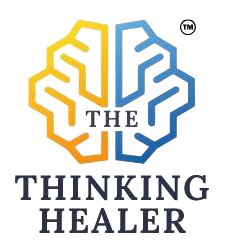
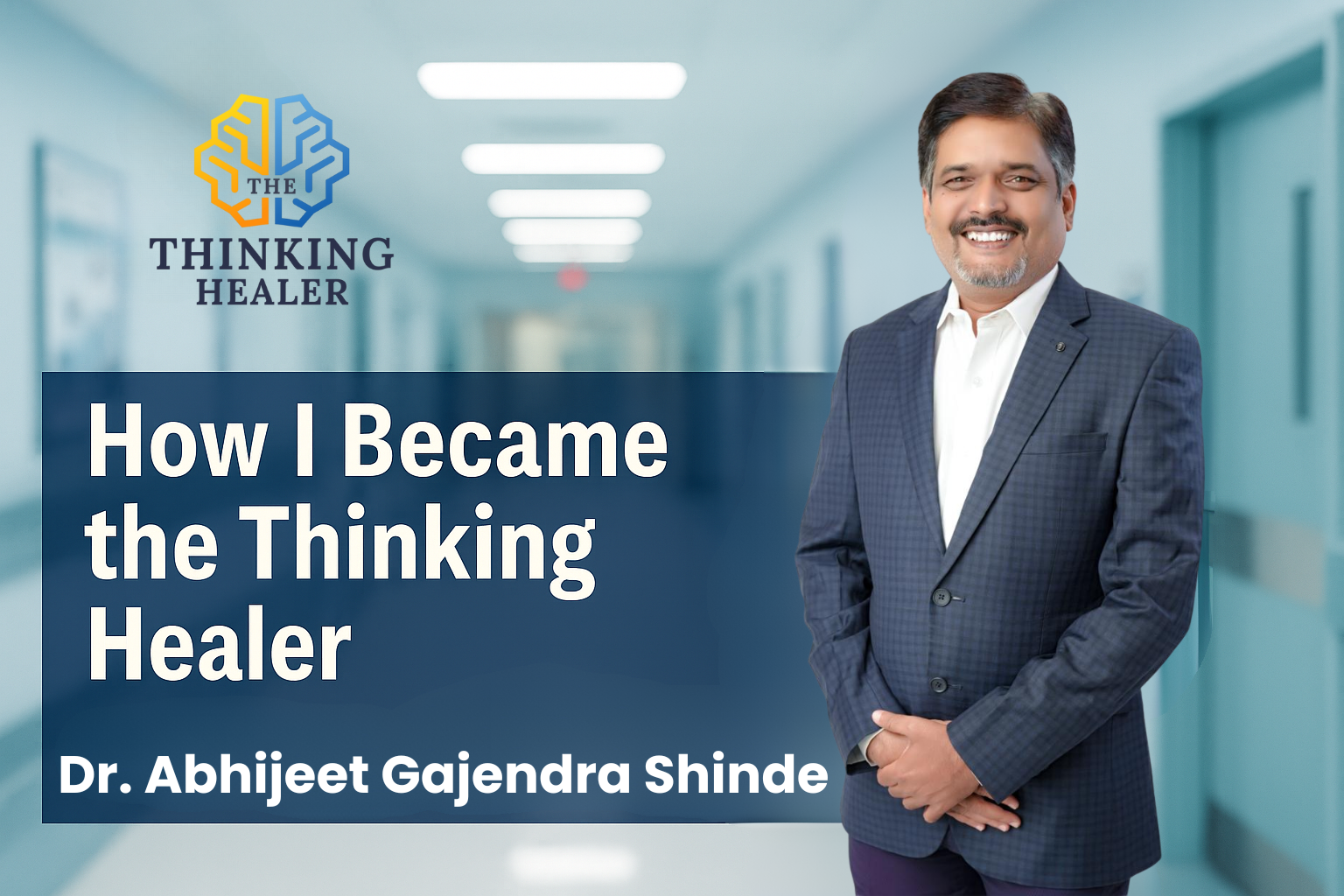
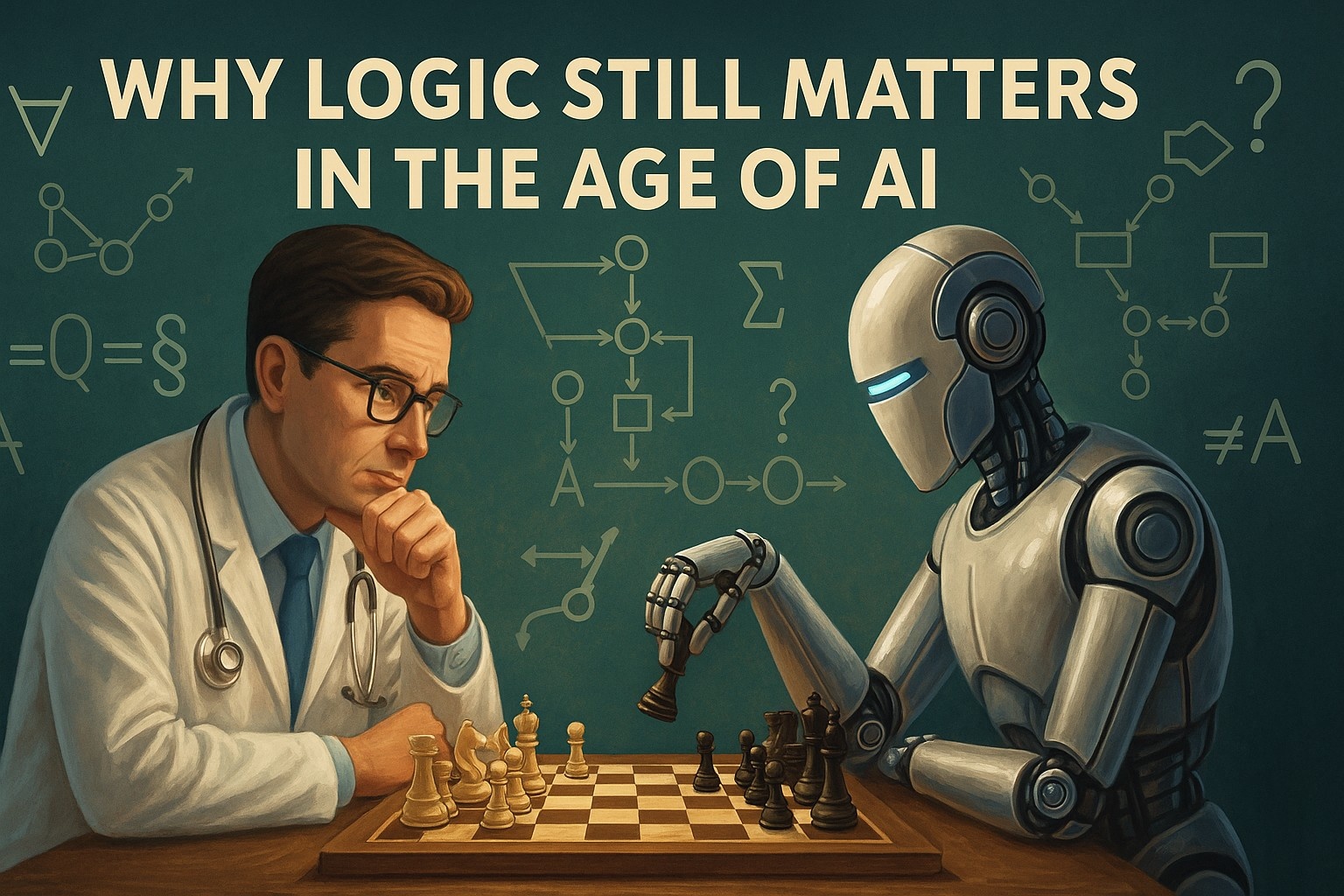
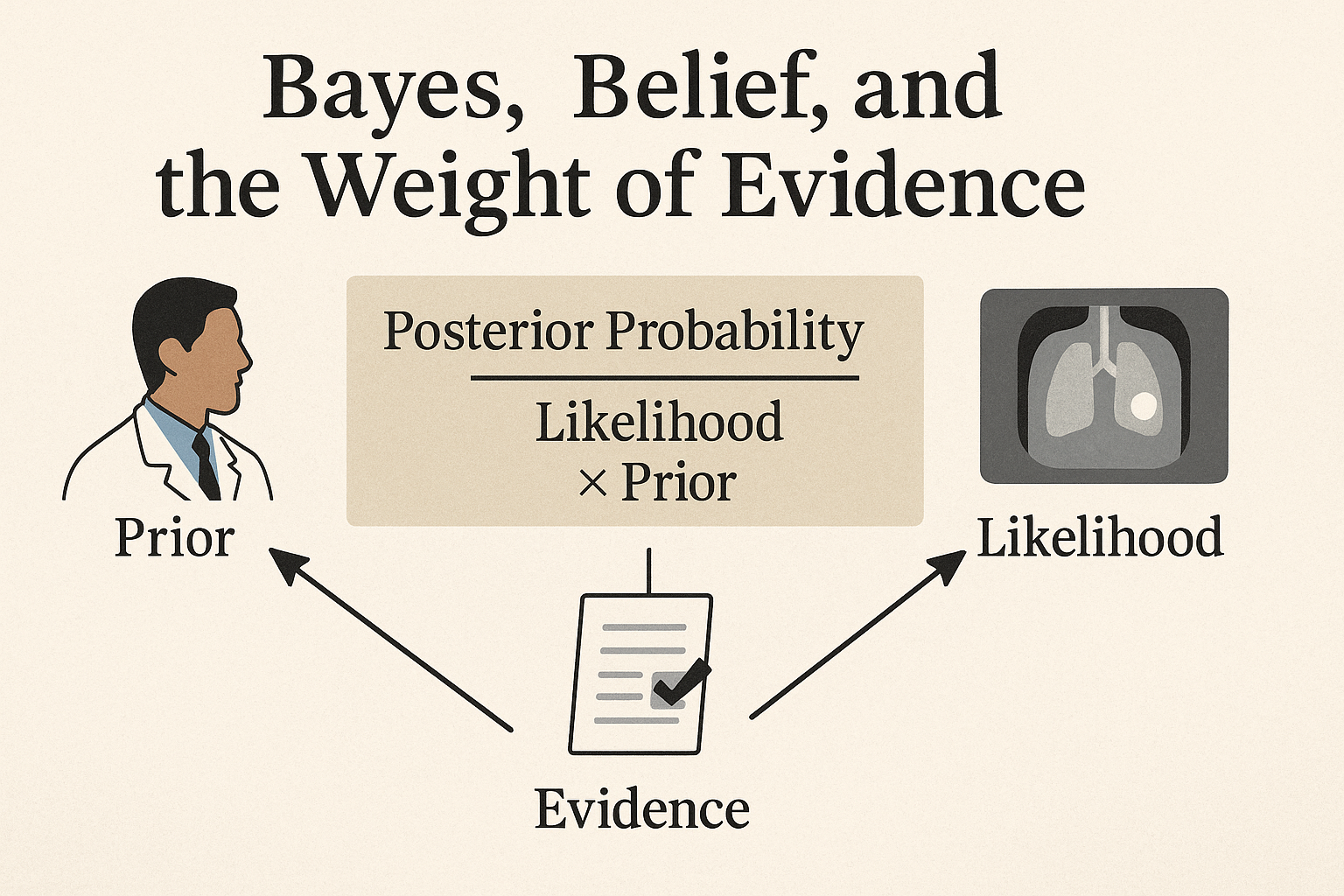
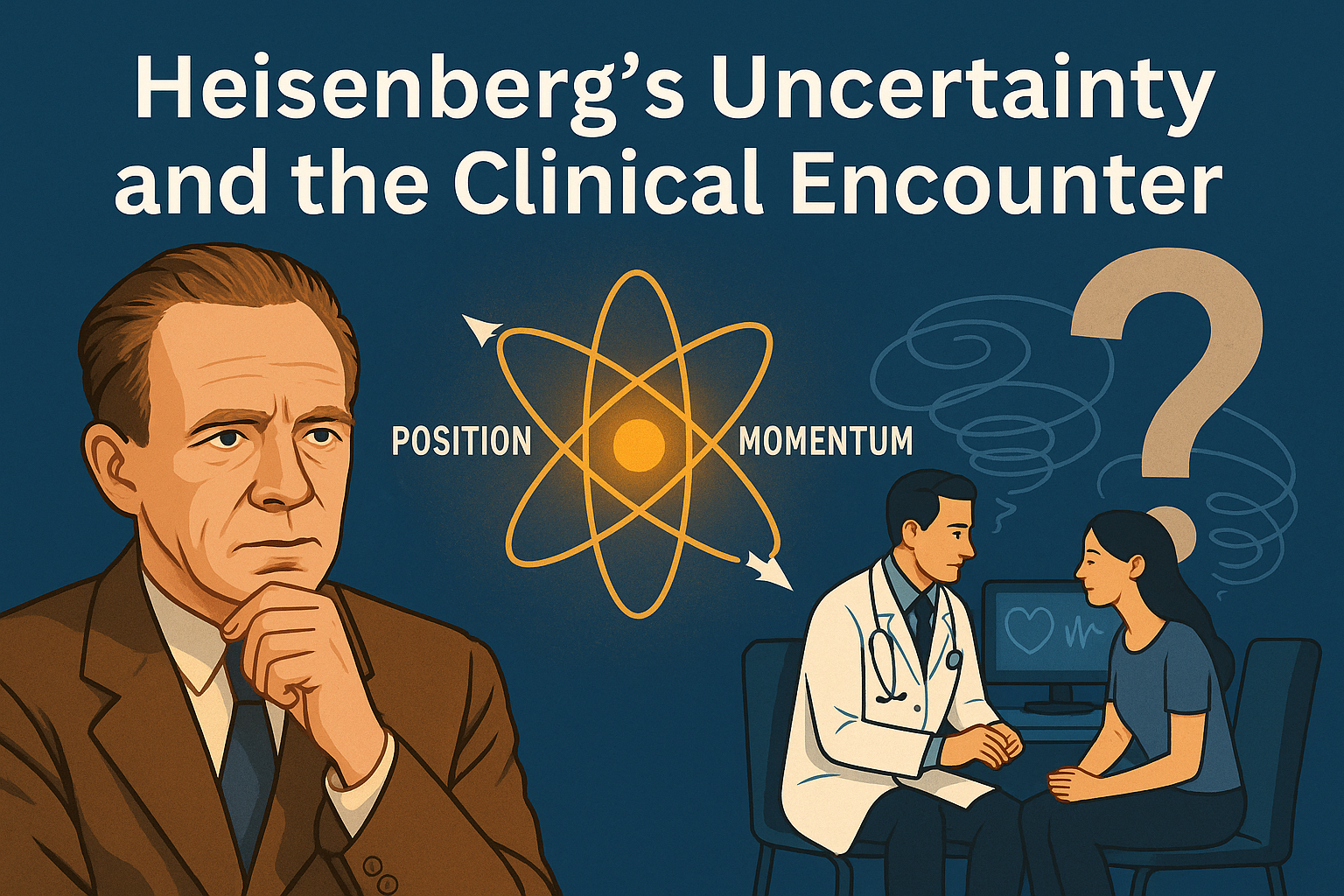
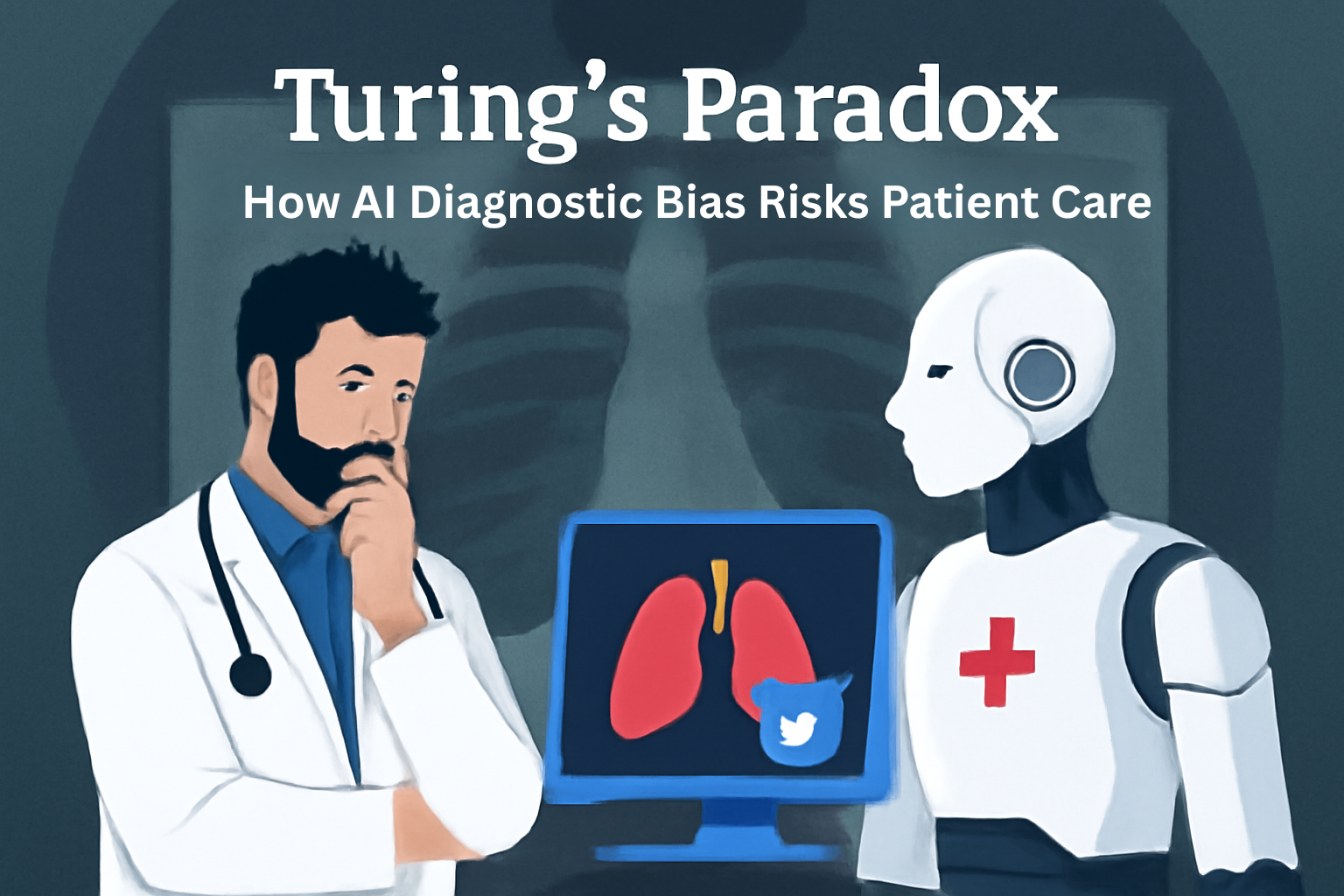
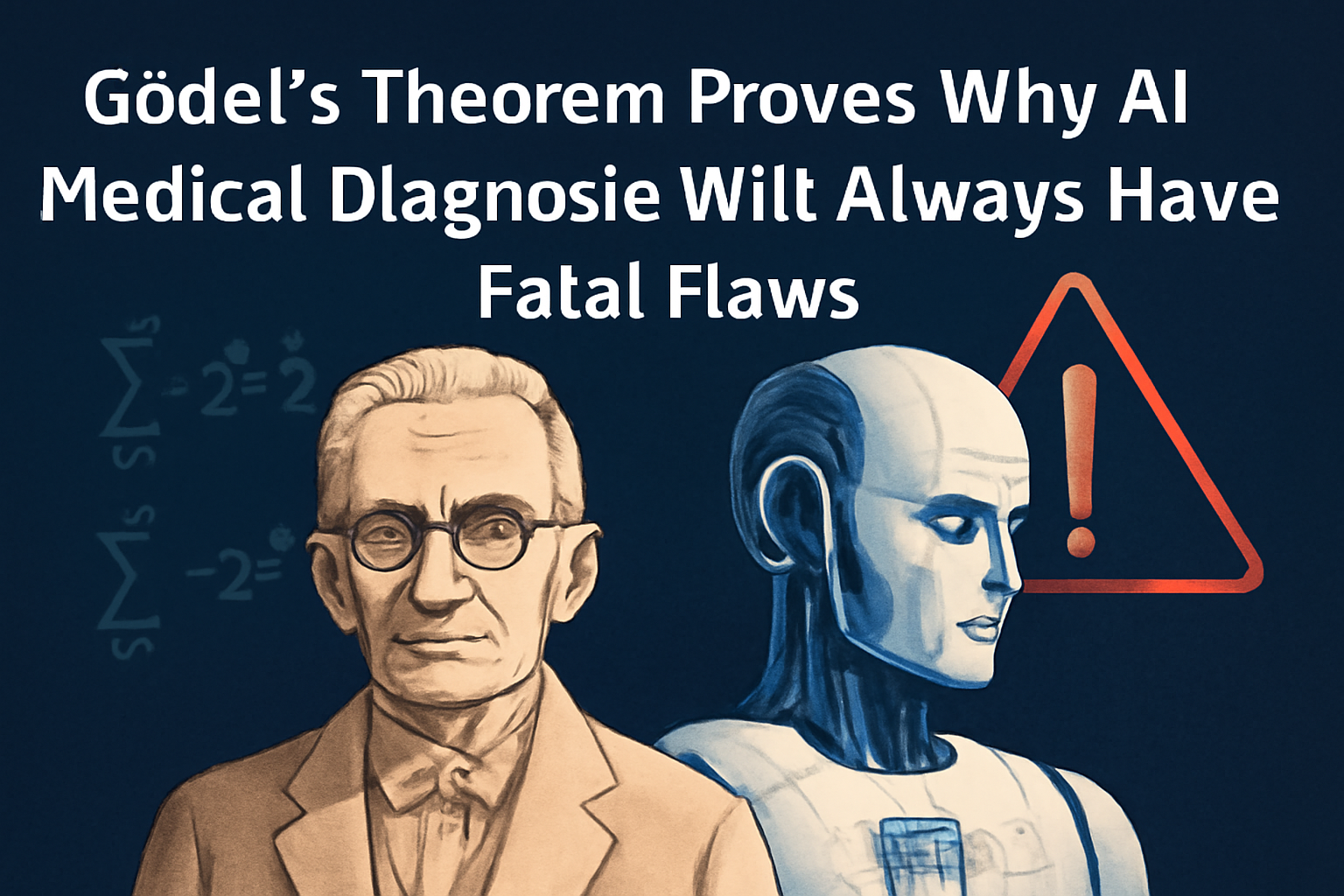
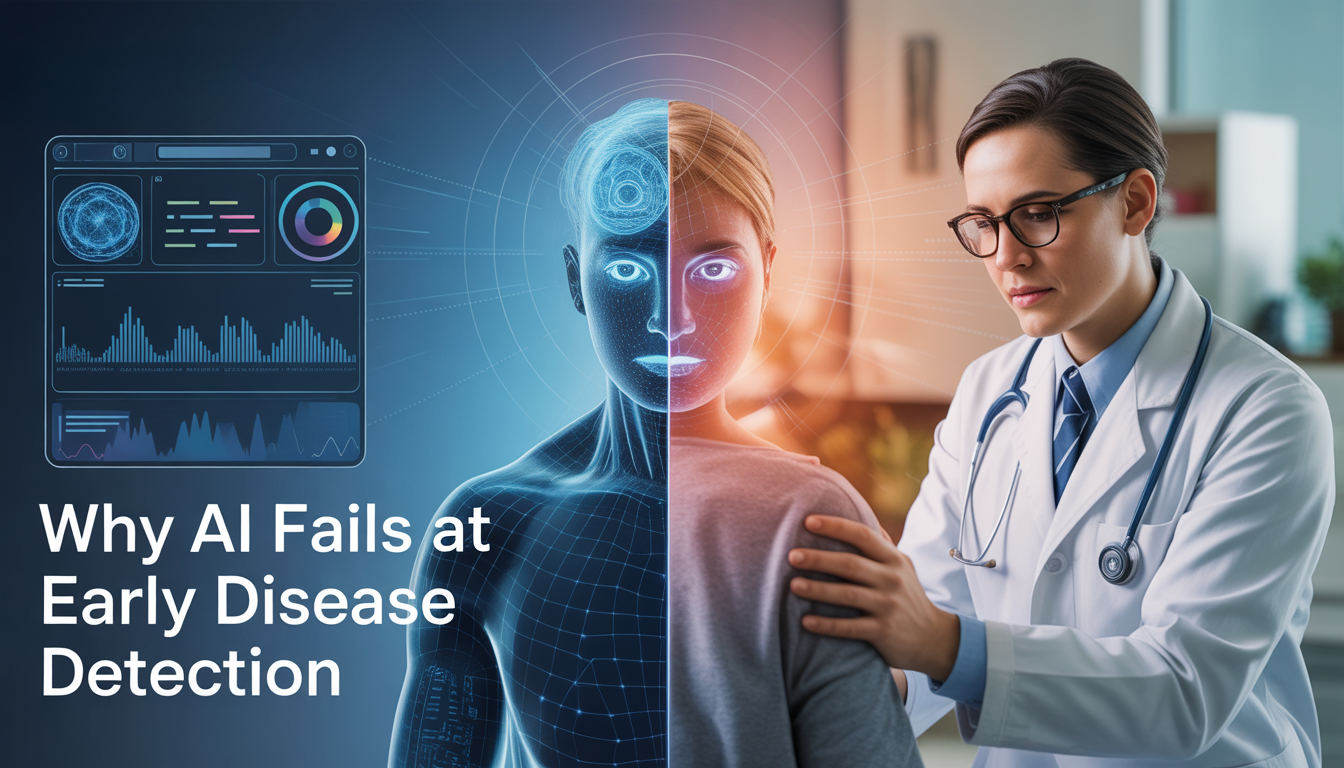
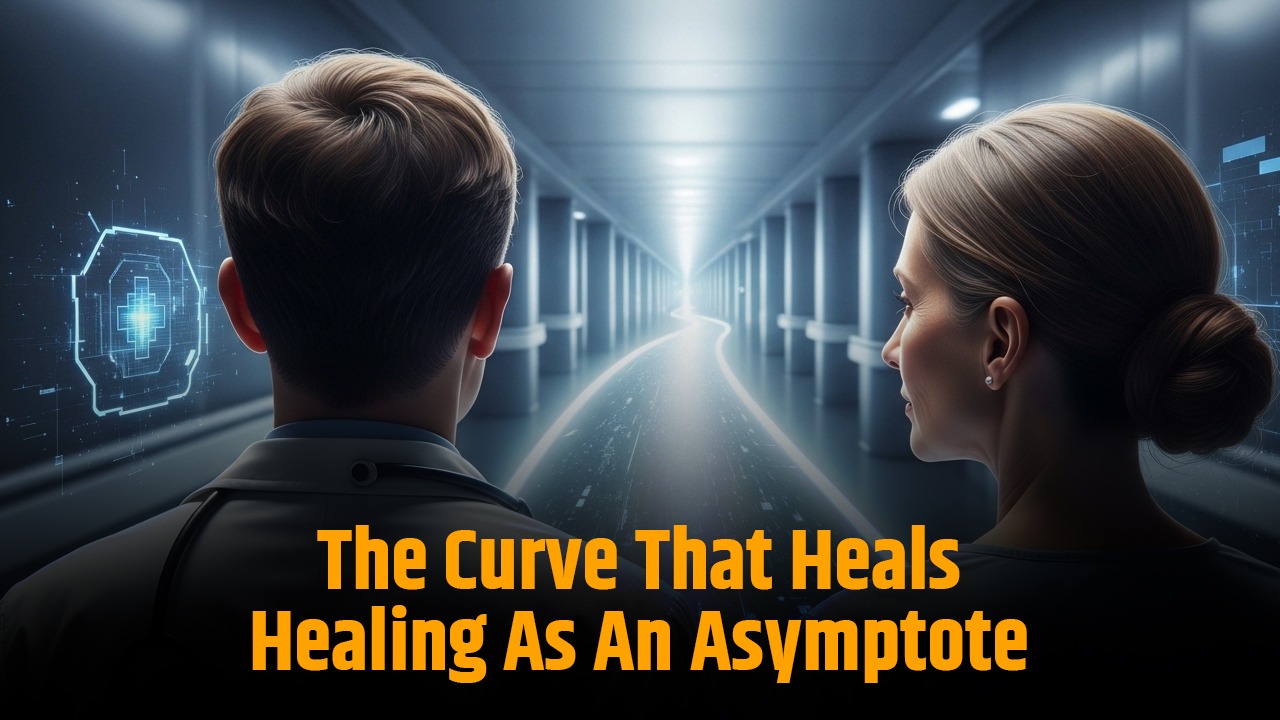
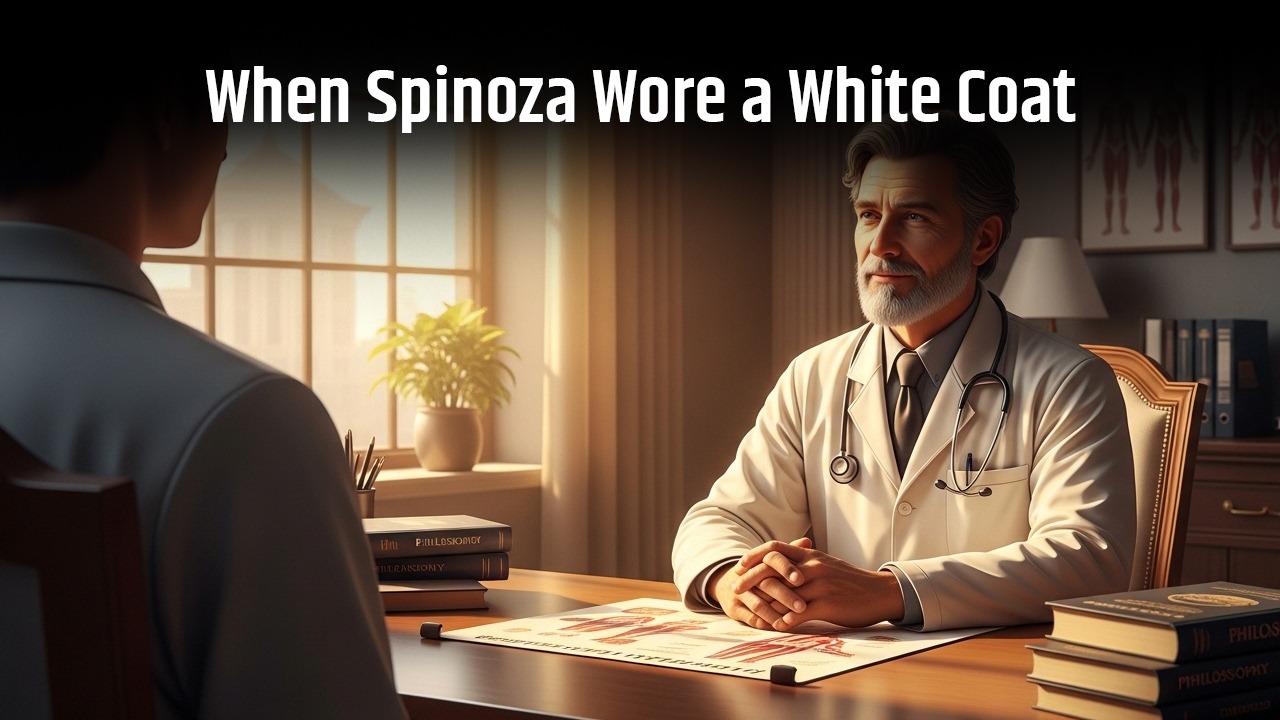
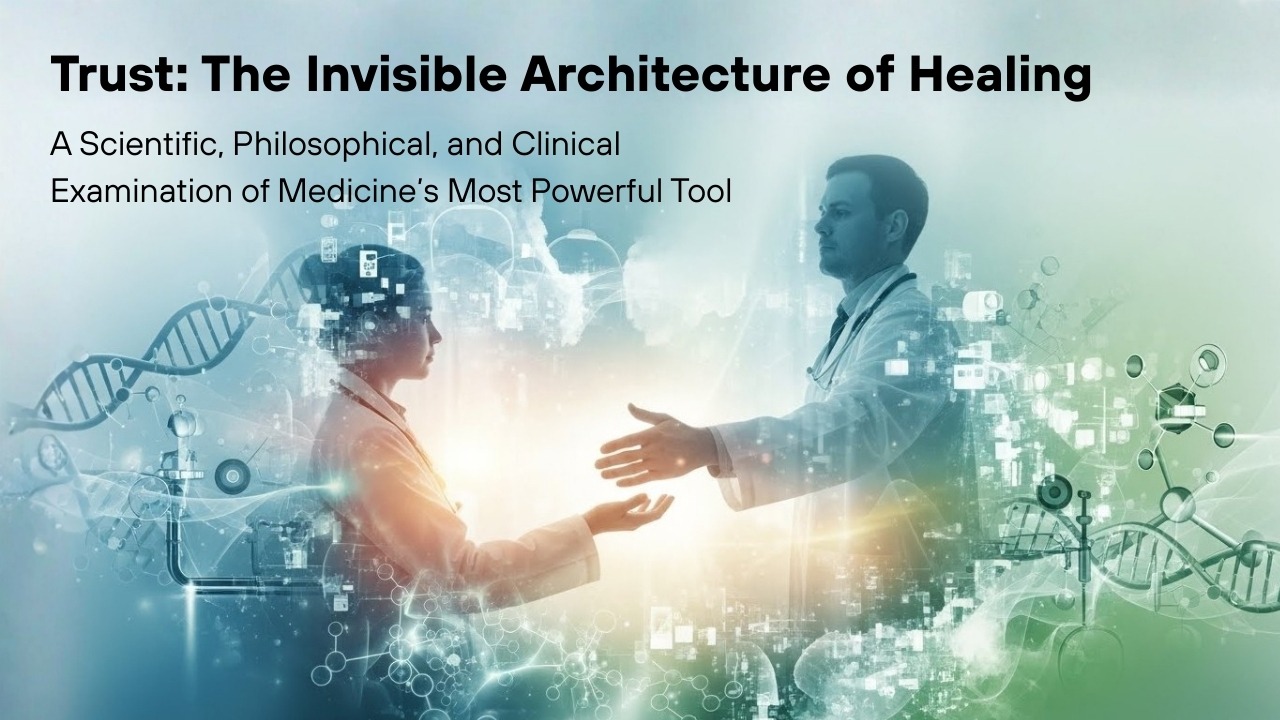
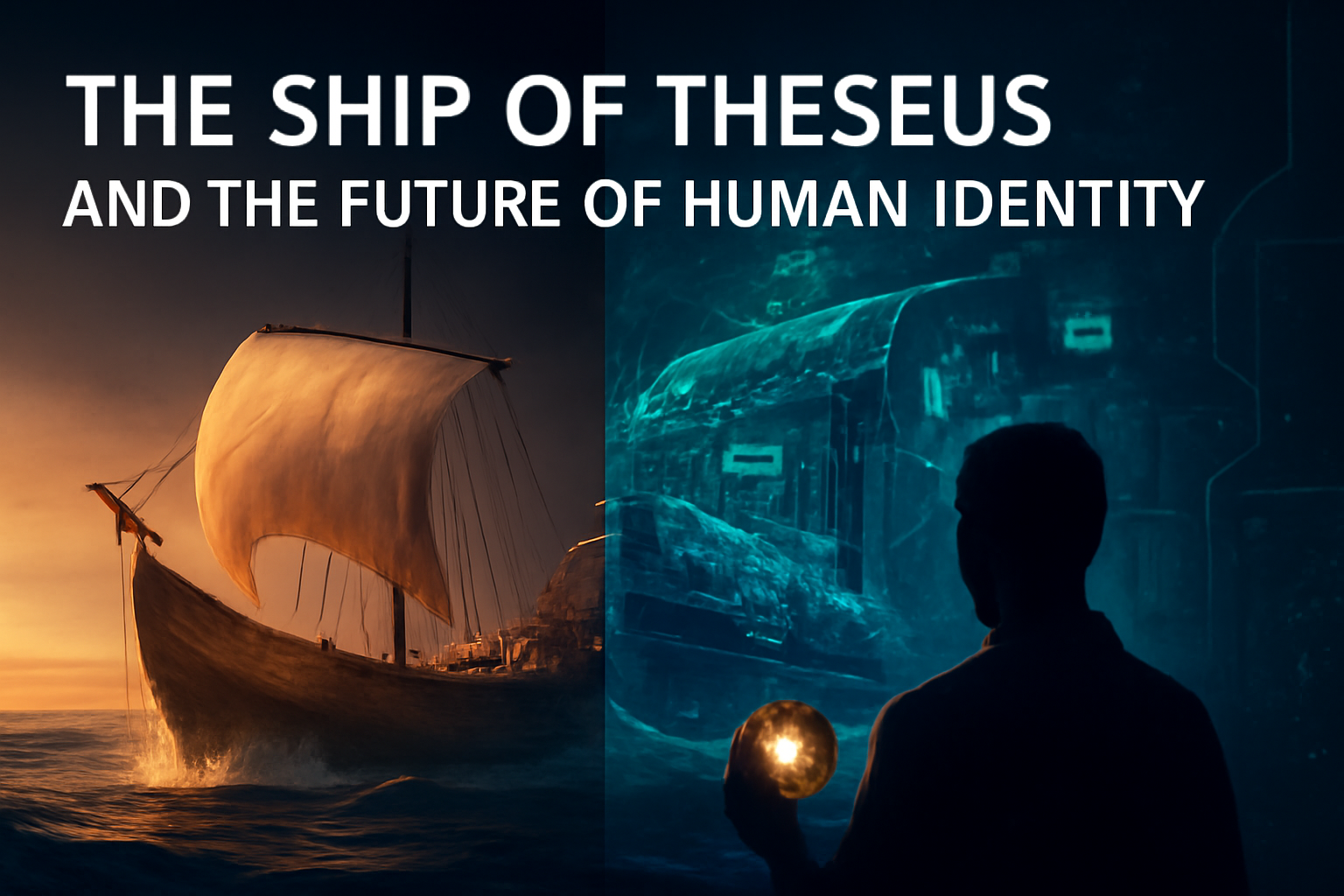
Leave a Reply